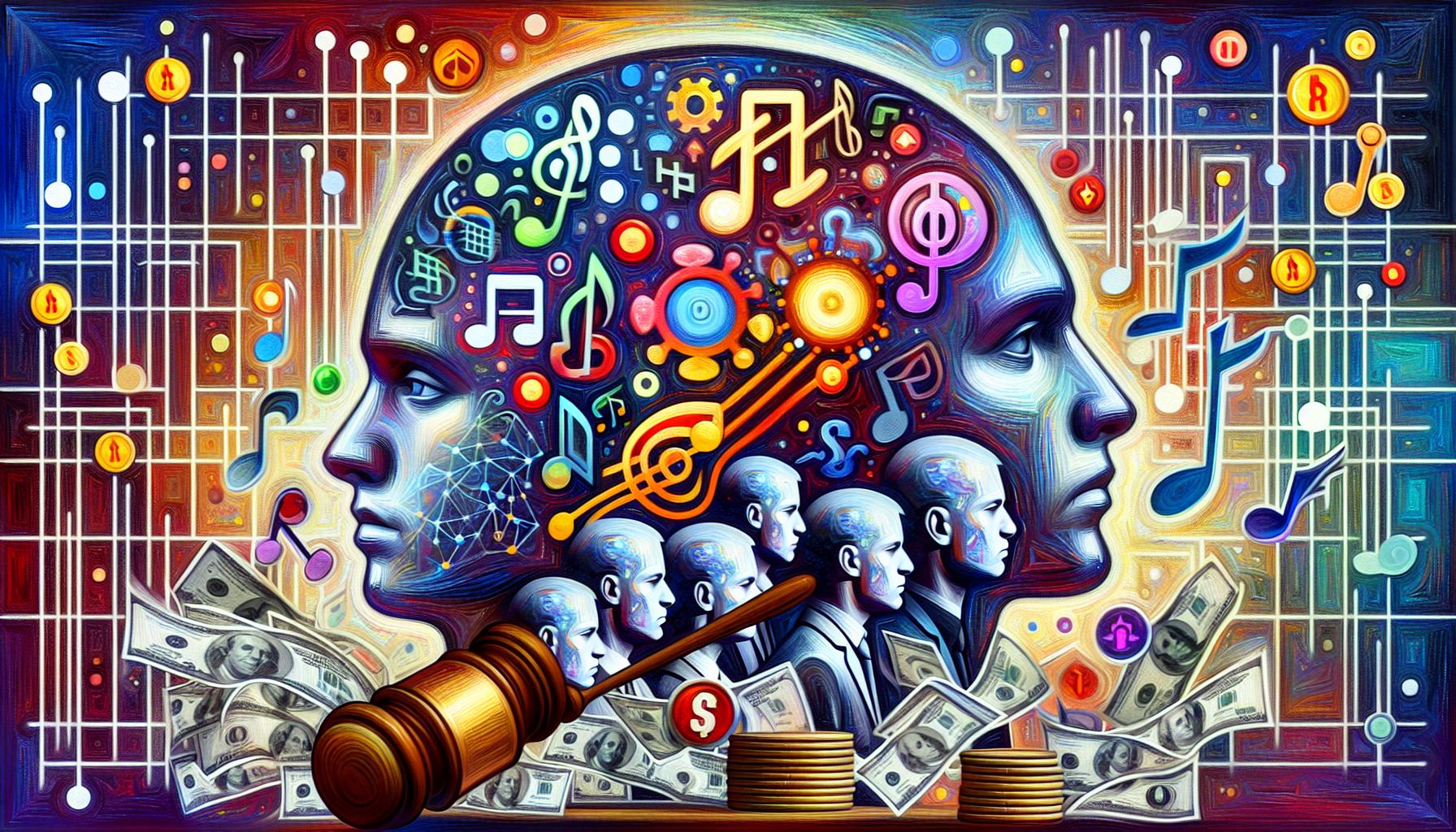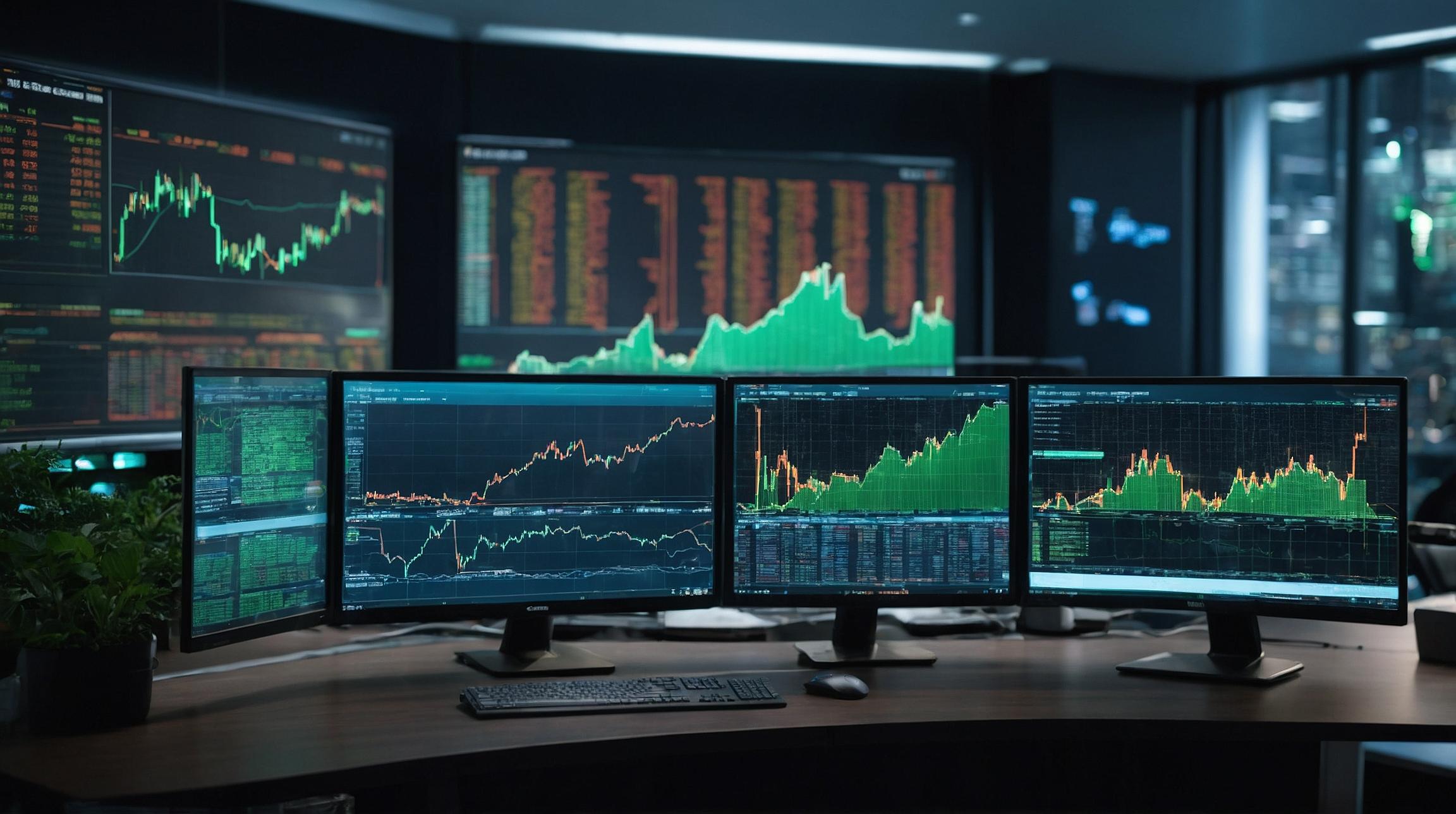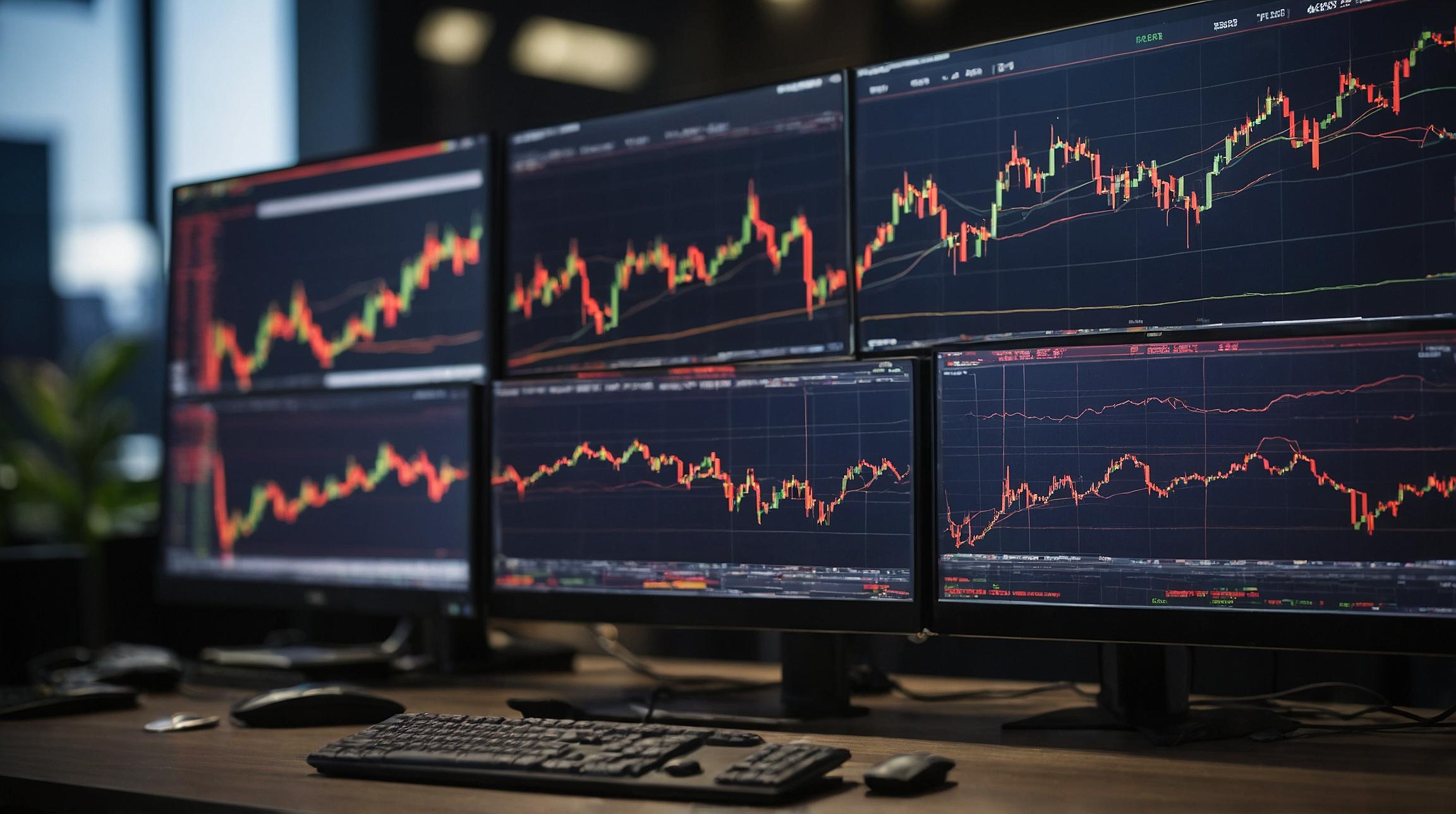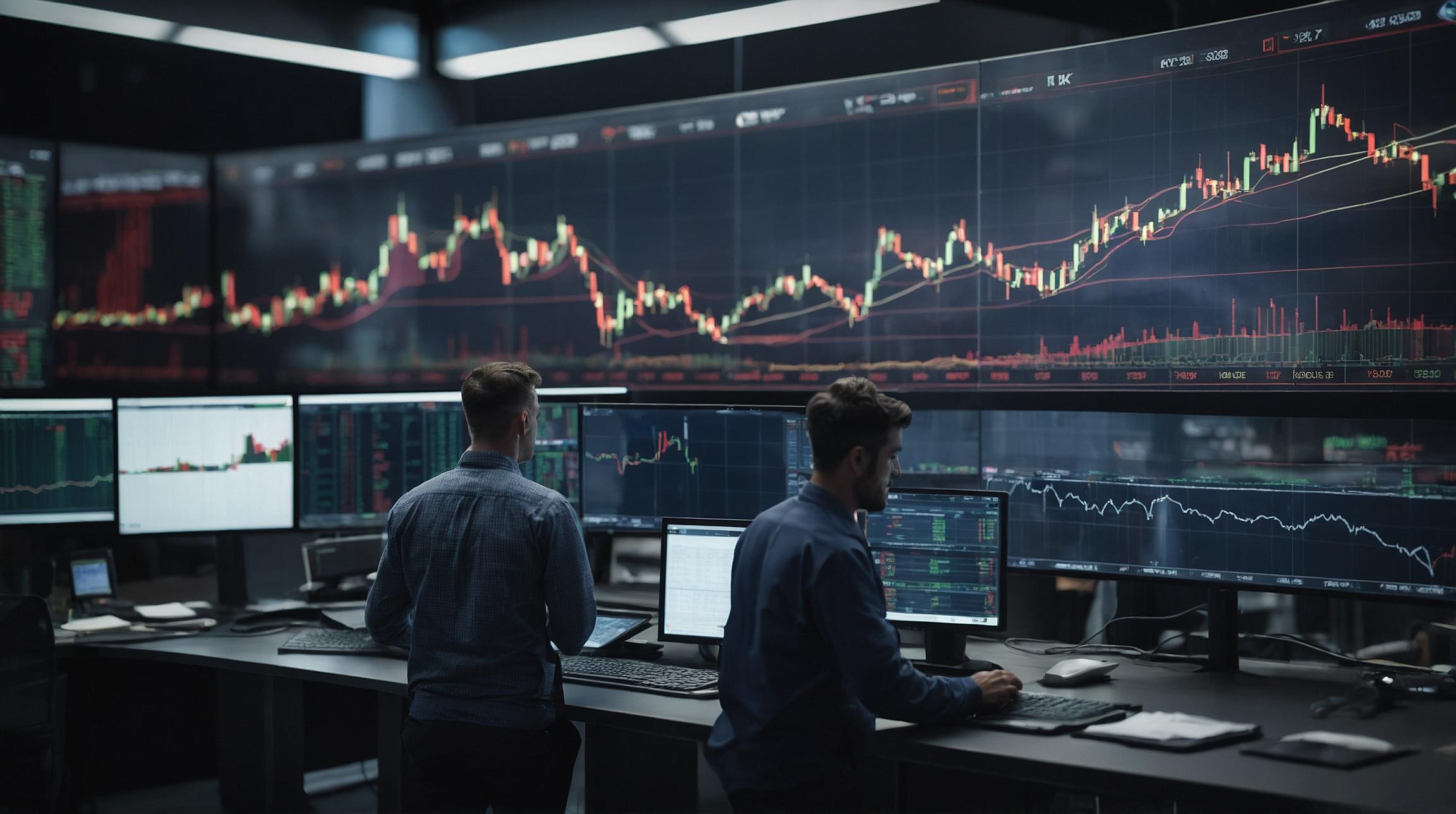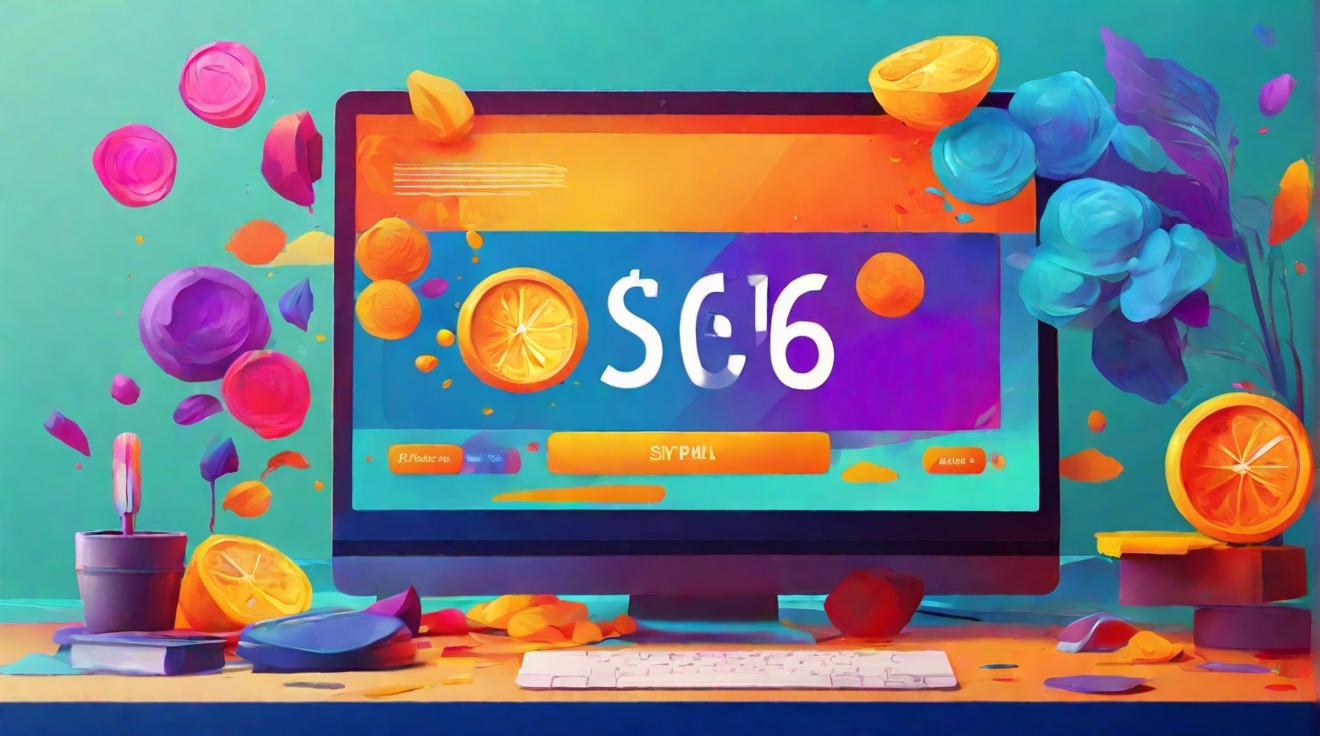The Rise of Artificial Intelligence in the Music Industry
The use of artificial intelligence (AI) technology in the music industry is on the rise, according to a report commissioned by GEMA and SACEM. A significant 35% of German and French collective management society members surveyed admitted to using some form of AI in their work with music. However, despite their usage of the technology, 71% of these creators fear that AI will make it challenging for them to earn a living. This suggests that even those who embrace AI are not exempt from concerns about its impact.
The Potential Financial Impact of AI on Creators
The Goldmedia report, which combined expert interviews and an online survey, revealed that the market for generative AI music applications was valued at $300 million in 2020, making up 8% of the total generative AI market. However, by 2028, this market is projected to grow to a staggering $3.1 billion. Meanwhile, the same year could see a risk of $950 million (27% of creator revenues) due to AI-created music replacing human-made music. This potential loss of income poses a significant threat to creators who rely on their music for their livelihood.
The Impact of AI on the Music Business
While mainstream music consumption typically involves deliberate choices made by fans, collecting societies also derive significant revenue from music used in films, TV shows, advertising, and public spaces such as restaurants and stores. Even if generative AI technology is not yet advanced enough to write a popular song, it could still have financial implications for the music business and creators. A remuneration system that addresses the financial gap caused by AI-generated music is yet to be established, leaving creators in a vulnerable position.
The Challenges and Questions Surrounding AI and Copyright
One key challenge surrounding AI and music copyright is the lack of legal clarity in many jurisdictions. Generative AI’s use of copyrighted material for training purposes raises questions about licensing requirements and fair use. In the United States, fair use provides some guidelines, but this legal doctrine does not have the same framework in France and Germany. The report emphasizes the need to determine how licensing should occur, as well as how creators should be compensated, to protect their rights.
Songwriters’ Desire for Credit, Transparency, and Permission
The report reveals that songwriters overwhelmingly desire credit, transparency, and control over the use of their work in relation to AI technology. A whopping 95% of songwriters want AI companies to disclose the copyrighted works used for training purposes, while 89% want transparency in disclosing which works are generated by AI. Furthermore, 90% believe their permission should be sought before their work is used for training, and the same percentage wants to benefit financially from AI-generated music. These findings highlight the need for policymakers to address these concerns and prioritize AI and copyright issues.
The Divide in Opinions and the Urgency for Regulation
The report indicates a clear divide among creators when it comes to their attitudes toward using AI in their work. While 35% of creators currently use the technology, 13% are potential users, 26% prefer not to use it, and 19% outright refuse to use AI. Furthermore, 64% of creators believe that the risks associated with AI outweigh the opportunities, with only 11% holding the opposite view. This polarization emphasizes the need for policymakers to act quickly and establish smart regulations that balance the benefits and drawbacks of AI in the music industry.
Analyst comment
Positive – The rise of artificial intelligence in the music industry presents a potential financial opportunity, with the market for AI music applications projected to reach $3.1 billion by 2028. However, concerns over AI replacing human-made music and lack of a remuneration system pose challenges for creators.
Market Outlook: The market for AI music applications is expected to grow significantly, but regulations addressing financial implications and copyright issues need to be established to protect the rights and livelihoods of creators.





